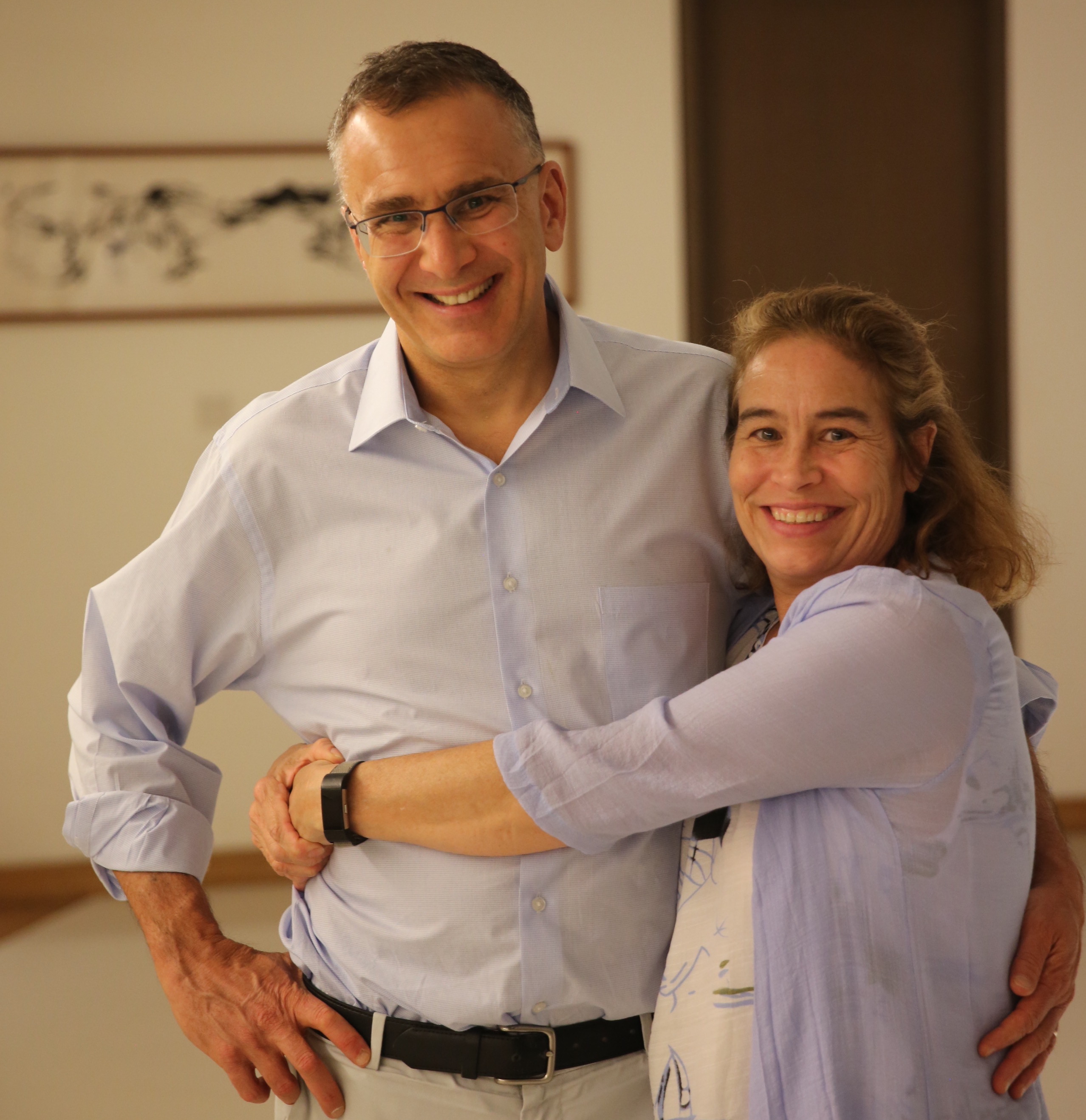Jonathan Gruber is a professor of economics at MIT and director of the Health Care Program at NBER. During his incredible career, he played a key role in crafting the 2010 Patient Protection and Affordable Care Act, sometimes referred to as the “ACA” or “Obamacare”. In order to achieve meaningful work, he says “the main thing is to have goals, and be ambitious about trying to go get them.”

Numbers: how much sleep do you need to function at your best?
8 hours.
Has that changed over time?
I’ve always been an 8 hour guy.
What kind of work do you do? And how do you think about high performance in your field?
I do mostly research, and high performance is when I can focus on the work that I need to do. I prefer when I’m performing well. I feel frustrated when I can’t perform well. When it’s going well, everything is just clicking.
What do you like to do during your sleep buffer zone?
I do have a routine, although I didn’t used to. These days, I can’t go right to sleep. For many years, that buffer zone was a half hour, and now it’s more like an hour or longer. Usually I’ll watch some TV with my wife, read and then go to sleep. I’ll always read before I go to sleep.
What are you watching or reading these days?
Right now we’re watching this Netflix mystery show. The Woods, it’s called. I enjoyed Peaky Blinders; that was a good show. I read a broad range, but I particularly like historical fiction.
Is there anything you do not do in your buffer zone?
Definitely exercise. And I try to avoid work. I find that if I work too close to bed now, it is hard to go to sleep. I need that hour-ish off to get my mind right. The main thing is just making sure I get time to read.
When do you usually go to bed?
That has varied a lot in my life. Right now, it’s pretty early. I’m usually in bed and reading by 9:45 and asleep by 10:15. I’ve definitely become a morning person.
What’s your morning routine like?
Before the virus I would typically play tennis a few mornings a week. Now I’m not doing that. I just get up and ride the bike for a half hour and get to work. I’m not a coffee guy, I do drink this caffeinated juice sports drink, but it doesn’t have a whole lot of caffeine.
Do you do any sports?
Now I just do the indoor bike since I can’t play tennis. I like tennis because I’m not a very good self-motivated exerciser, so I need competitive interaction. The way I get myself to ride the bike is by watching crappy TV as my reward for riding the bike. Usually I watch TV with my wife, so whatever shows that I want to see that she doesn’t want to see, I let myself watch only when I exercise.
When do you think your peak hours of productivity are?
It’s really interesting. It really varies day by day. Sometimes I’m really awesome in the morning and useless in the afternoon, and vice versa. Sometimes I have trouble getting started, sometimes I start out strong and then fade. Usually, almost certainly, the non-peak is between 2 to 4. That mid afternoon is not great.
If you’re having trouble getting started, what do you do?
I just keep working at it. Just keep pressing ahead. I might try to shift what I am doing. I have a variety of tasks, some of them involve more thought and some involve less. If I’m having trouble thinking, I’ll move to a less thinking intensive task. I try to save my most productive time for the things where I have to think the hardest. If I’m in a good, productive spot, I use that for my biggest, deepest, thinking projects, and if not, I shift to stuff that is easier.
You also have a lot of meetings and teaching obligations. Do you do anything to time-box your schedule?
When I used to commute, I tried to do a lot of calls in the car. I generally keep the early mornings free from meetings just because most people aren’t up that early. I do try to put my meetings typically in the afternoon, because it’s usually the less productive time for me.
What do you do during the day to relax?
I spend a lot of time on sports websites and I listen to music. Depending on what mode I’m in, I might listen to music while I work. Sometimes I can and sometimes I can’t, it depends on how my brain is working that day. Sometimes it’s harder to work without music. Sometimes it’s harder to work with music.
I don’t know how much of it is aging and how much of it is new technology, but I’ve gotten much more ADHD as I’ve gotten older. And the music actually sometimes keeps my brain from running off in too many directions at once. I have a little music in the background, sometimes though, when I need to focus it’s too distracting. So it depends on if I’m in a moment where the concern is that I’m going to be moving in too many directions at once so the music can help take on those directions, or am I in a moment where I really need to think deeply, in which case the music can be distracting.
What kind of music do you like to listen to?
I listen to a huge variety. A lot of alternative rock and pop.
You’ve done a lot of complicated policy work. You are sometimes called the chief economic architect of Obamacare.
That’s a bit strong, but I definitely worked a lot on that law.
Right. Doing this kind of policy work means herding a lot of cats, getting people aligned. And also at the same time, balancing that deep work of making sure the policy is right. At this moment, a lot of people are thinking about how to create social impact. Do you have advice for people if they are trying to embark on something like that?
I think it’s about being expert and being flexible. You need to understand something well enough such that you have expert advice to add, but also being flexible to the fact that others might have interesting insights and be able to incorporate them. You have to hear people and meet them where they are, so that you can explain your thoughts in a way that they can understand.
It’s important to have perspective, but it’s also important to be able to explain that perspective. You can’t just say “I’m an expert, listen to what I say” but you need to be able to explain why.
And of course it’s a long haul to get something like that done.
Oh yeah. You have to be patient and you have to recognize that almost all the things you work out like that in life don’t work. It’s a very complicated and risky process. You just have to keep plugging away at it.
How do you deal with the endurance and emotional aspects of that work?
One of my strengths is that I’m a really good compartmentalizer. So I can sort of do it and leave it behind, and I don’t get as caught up in it “emotionally.” I feel very motivated by the work. I feel very much that it is the right thing to do, and I want to use my talents to make the world a better place, but I don’t necessarily feel “emotional” about it.
Do you have any other advice for people in terms of meaningful work?
I think the main thing is to have goals, and be ambitious about trying to go get them.
